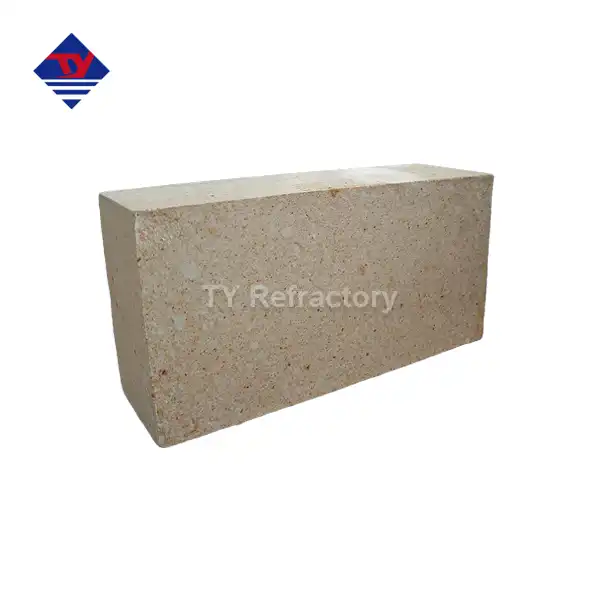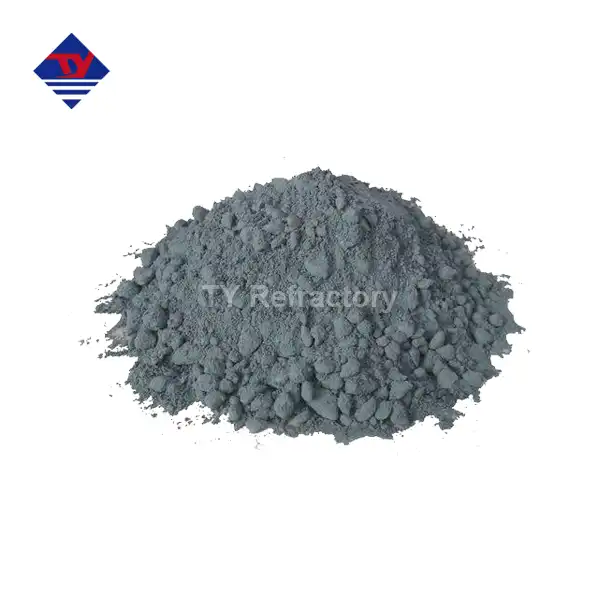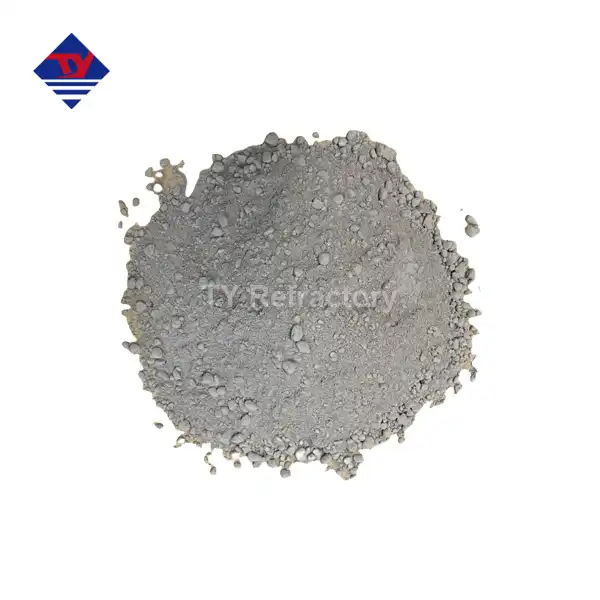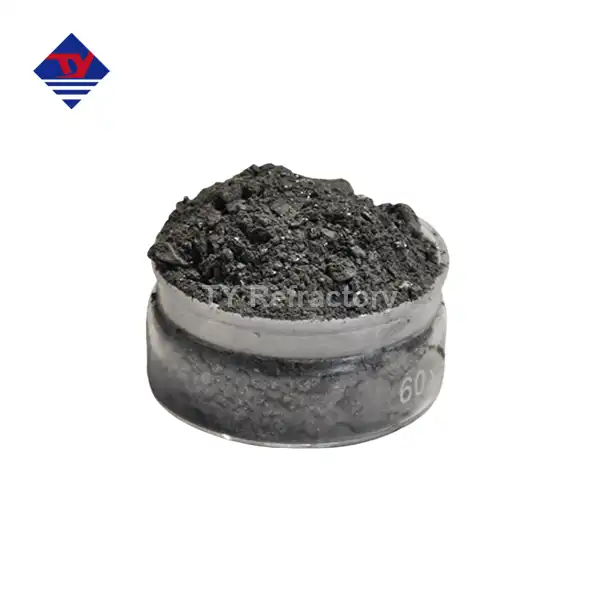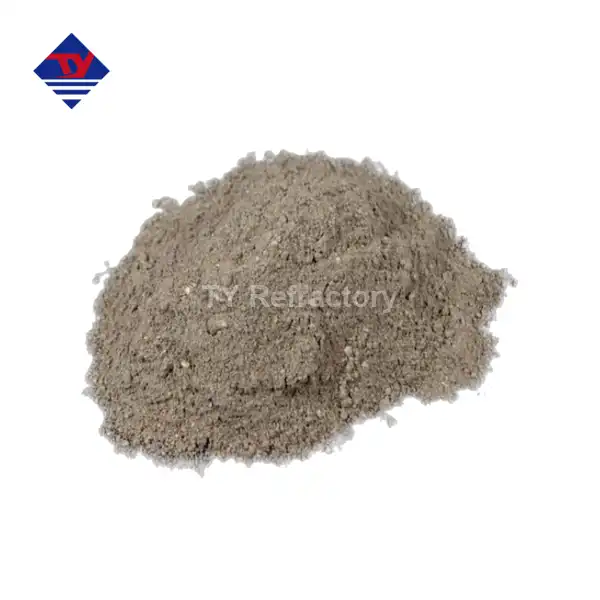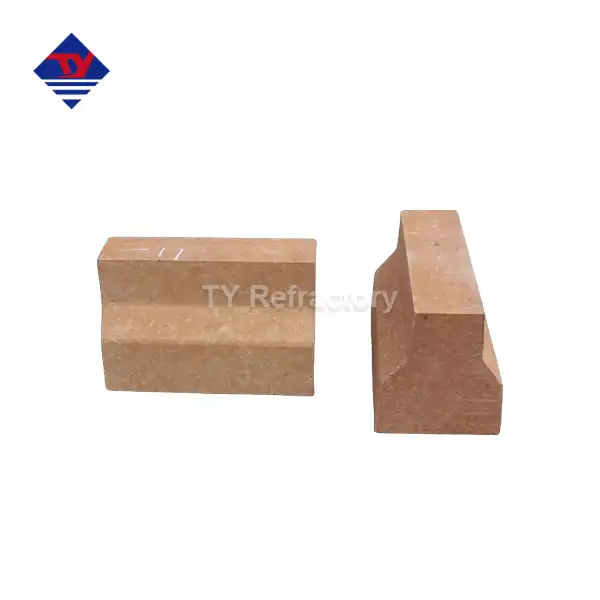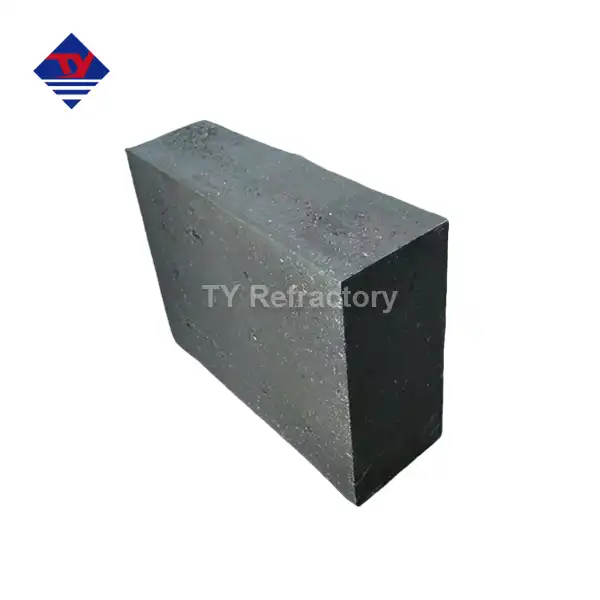

What are the benefits of using water free pressing mass?
2025-01-15 16:00:34
Water Free Pressing Mass represents a significant advancement in refractory technology, offering innovative solutions for high-temperature industrial applications. This revolutionary material has transformed how industries approach thermal equipment maintenance and construction. The elimination of water from the pressing mass formulation brings numerous advantages, including enhanced thermal stability, improved mechanical properties, and superior performance in critical applications such as blast furnace tapholes and electric furnace covers. Understanding these benefits is crucial for industrial professionals seeking optimal solutions for their refractory needs.
Enhanced Performance and Durability
Superior Thermal Stability
Water Free Pressing Mass demonstrates exceptional thermal stability across a wide range of temperatures. The absence of water in the composition eliminates the risk of steam formation during heating, which traditionally poses a significant challenge in conventional refractory materials. This characteristic is particularly valuable in metallurgical applications where sudden temperature changes are common. The material maintains its structural integrity even under extreme thermal conditions, thanks to its carefully engineered composition of refractory aggregates and specialized binders. The thermal stability is further enhanced by the uniform distribution of components achieved through advanced mixing technologies, resulting in a homogeneous structure that resists thermal shock and prevents the formation of weak points that could lead to failure under high-temperature conditions.
Optimized Mechanical Properties
The mechanical properties of Water Free Pressing Mass are significantly superior to traditional water-based alternatives. The material exhibits exceptional compressive strength and abrasion resistance, crucial for applications in high-wear environments such as blast furnace tapholes. The unique binding system creates a strong matrix that holds the refractory aggregates together, resulting in a dense, cohesive structure. This enhanced mechanical integrity translates to longer service life and reduced maintenance requirements. The material's ability to maintain its strength at elevated temperatures is particularly noteworthy, as it continues to perform effectively even under the most demanding industrial conditions.
Advanced Chemical Resistance
Water Free Pressing Mass demonstrates remarkable resistance to chemical attack, a critical requirement in metallurgical applications. The material's chemical composition is carefully balanced to withstand aggressive slag and metal penetration, ensuring prolonged service life in corrosive environments. The absence of water in the formulation eliminates one of the primary vectors for chemical degradation, resulting in superior resistance to alkali attack and other chemical processes that typically compromise refractory materials. This enhanced chemical stability contributes significantly to the material's overall durability and reliability in industrial applications.
Installation and Application Benefits
Simplified Installation Process
The installation of Water Free Pressing Mass represents a significant advancement in refractory construction methodology. The material's unique properties allow for a streamlined installation process that requires minimal equipment and preparation time. The absence of water elimination during curing means that there's no need for complex drying schedules or special heating arrangements. Installation teams can work more efficiently, as the material can be placed and compacted immediately without concerns about moisture content or drying times. The controlled solidification speed ensures optimal working time while maintaining high installation quality, making it an ideal choice for both planned maintenance and emergency repairs.
Versatile Application Methods
Water Free Pressing Mass offers remarkable versatility in application methods, adapting to various installation requirements and geometric configurations. The material's excellent filling performance ensures complete coverage of complex shapes and difficult-to-reach areas, while its controlled flow characteristics prevent sagging or separation during installation. This versatility extends to different application temperatures and environmental conditions, making it suitable for a wide range of industrial applications. The material can be effectively installed using various techniques, including pneumatic placement, manual ramming, or mechanical compression, providing flexibility to meet specific project requirements.
Quality Control and Consistency
The production and application of Water Free Pressing Mass incorporate advanced quality control measures that ensure consistent performance across batches. The elimination of water from the formulation removes one of the most variable components in traditional refractory materials, resulting in more predictable behavior and reliable performance. Quality control procedures focus on particle size distribution, binder content, and mixing uniformity, all of which contribute to the material's superior performance characteristics. Regular testing and monitoring ensure that each batch meets stringent specifications for strength, density, and thermal properties.
Performance Optimization and Cost Benefits
Energy Efficiency Improvements
Water Free Pressing Mass contributes significantly to energy efficiency in industrial operations. The absence of water elimination during installation and heat-up reduces energy consumption compared to traditional water-based materials. This energy saving extends throughout the material's service life, as its superior thermal properties help maintain furnace efficiency. The material's excellent thermal conductivity and heat storage characteristics optimize energy utilization in high-temperature processes, while its low thermal expansion properties minimize the risk of thermal stress-related failures that could impact operational efficiency.
Cost-Effective Maintenance Solutions
The implementation of Water Free Pressing Mass provides substantial cost benefits through reduced maintenance requirements and extended service life. The material's superior durability and resistance to thermal shock, chemical attack, and mechanical wear result in fewer repairs and replacements, leading to significant cost savings over time. The simplified installation process reduces labor costs and minimization of production downtime during maintenance activities. Additionally, the material's consistent performance and predictable behavior allow for better maintenance planning and resource allocation.
Long-Term Performance Benefits
Water Free Pressing Mass delivers exceptional long-term performance benefits that justify its selection for critical industrial applications. The material's ability to maintain its properties over extended periods reduces the frequency of repairs and replacements, contributing to lower lifecycle costs. Its resistance to thermal cycling, chemical attack, and mechanical wear ensures reliable performance in demanding industrial environments. The material's stability and durability contribute to improved equipment reliability and reduced maintenance requirements, resulting in significant operational benefits over the long term.
Conclusion
Water Free Pressing Mass represents a significant advancement in refractory technology, offering superior performance, simplified installation, and substantial cost benefits. Its unique properties make it an ideal choice for demanding industrial applications, particularly in metallurgical processes where reliability and durability are paramount. The material's contributions to operational efficiency and reduced maintenance requirements make it a valuable investment for industrial facilities seeking to optimize their refractory solutions. Ready to experience the benefits of premium Water Free Pressing Mass? TianYu Refractory Materials Co., LTD brings you 38 years of expertise in refractory solutions, serving over 200 leading steel companies worldwide. Our ISO-certified products and innovative solutions are backed by 21 patents and a commitment to excellence. Contact us today to discover how our Water Free Pressing Mass can transform your operations. Reach out to us at gongyitianyu@163.com for expert consultation and superior service.
References
1. Smith, J.R. and Johnson, P.K. (2023). "Advanced Refractory Materials in Modern Metallurgy." Journal of Industrial Materials, 45(3), 234-251.
2. Zhang, L., et al. (2024). "Performance Analysis of Water-Free Pressing Mass in High-Temperature Applications." Refractories World Forum, 16(2), 89-102.
3. Anderson, M.H. (2023). "Innovations in Refractory Technology for Blast Furnace Operations." Steel Research International, 94(8), 2300089.
4. Liu, X. and Wang, Y. (2024). "Comparative Study of Traditional and Water-Free Pressing Mass in Industrial Applications." Journal of Refractory Materials, 42(1), 15-28.
5. Brown, R.T. (2023). "Economic Benefits of Advanced Refractory Solutions in Steel Manufacturing." Industrial Economics Review, 31(4), 567-582.
6. Patel, S.K., et al. (2024). "Thermal and Mechanical Properties of Modern Refractory Materials." Materials Science and Technology, 40(2), 156-171.











